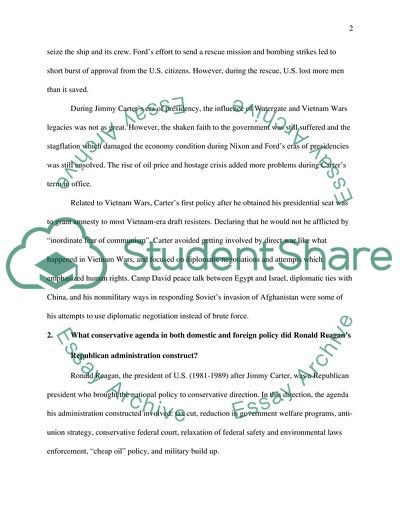Cite this document
(The Presidencies of Gerald Ford and Jimmy Carter Assignment - 1, n.d.)
The Presidencies of Gerald Ford and Jimmy Carter Assignment - 1. Retrieved from https://studentshare.org/history/1566240-history
The Presidencies of Gerald Ford and Jimmy Carter Assignment - 1. Retrieved from https://studentshare.org/history/1566240-history
(The Presidencies of Gerald Ford and Jimmy Carter Assignment - 1)
The Presidencies of Gerald Ford and Jimmy Carter Assignment - 1. https://studentshare.org/history/1566240-history.
The Presidencies of Gerald Ford and Jimmy Carter Assignment - 1. https://studentshare.org/history/1566240-history.
“The Presidencies of Gerald Ford and Jimmy Carter Assignment - 1”, n.d. https://studentshare.org/history/1566240-history.


